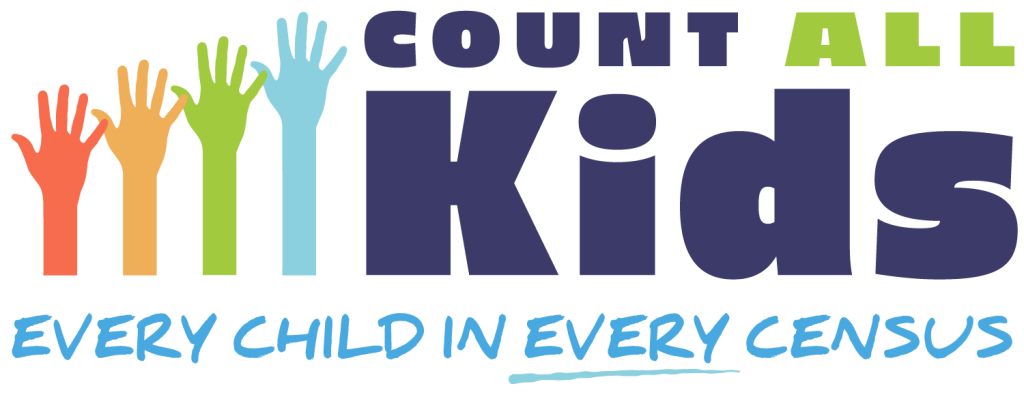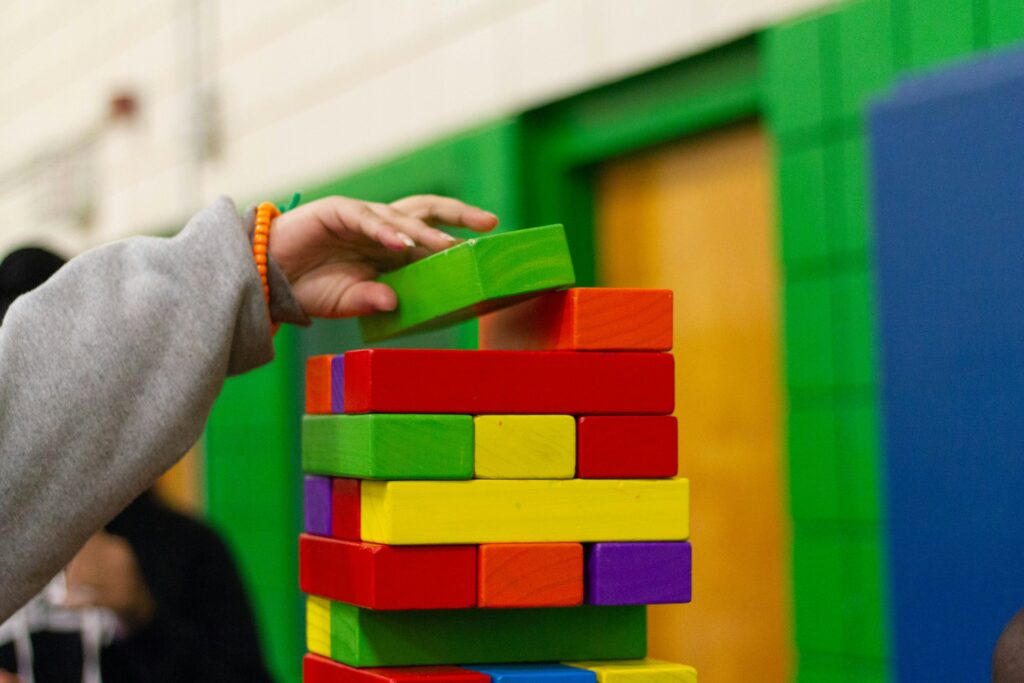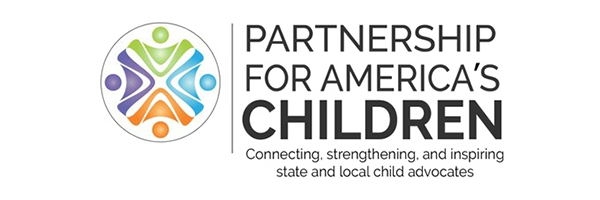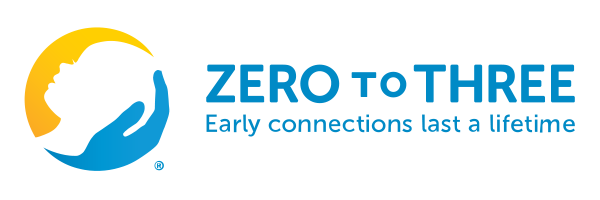In the 2010 Census, approximately 25,197 children across Pennsylvania were not counted. This resulted in nearly $44 million in lost federal funding, or a loss of $1,746 per missed child in federal funding for Medicaid, CHIP, Foster Care and Adoption, Special Education and Child Care programs.
At Pennsylvania Partnerships for Children, our Census advocacy efforts focus mostly on young children and our motto is children can’t fill out a Census form themselves. In January we released a toolkit that includes fact sheets, a poster, an infographic and social media content – available in both English and Spanish – that underscores the importance of counting babies, children of color, children with disabilities, children raised by their grandparents or other kin, and those in foster care.
Today, the stress and isolation of the coronavirus pandemic has put an unprecedented strain on families in Pennsylvania and across the country, and mostly on those who need Census-funded programs the most. Now more than ever, not responding to the Census will come at a great cost that will impact children for most of their childhood.
Even before the pandemic and historically speaking, people have had many reasons among their populations for NOT filling out the form. Our education and outreach efforts largely have focused on educating parents and caregivers about how responding will positively impact their children’s lives, while emphasizing confidentiality and safety.
We are fortunate to have such strong partners in the Census effort in Pennsylvania, and, despite the current environment, we have partnered with faith- and community-based organizations, requesting the assistance of nearly 100 organizations in hard-to-count communities to distribute the toolkit as part of our local community advocacy efforts.
We also participated in an informational teleconference coordinated by U.S. Senator Bob Casey’s office with community leaders and members of the media to bolster advocacy statewide, on a webinar hosted by our state chapter of the American Academy of Pediatrics with representatives from the U.S. Census Bureau, and organized a webinar for our evidence-based home visiting coalition with the director of our state’s Complete Count Commission.
And, as of this writing, our 5-week digital advocacy campaign is running on Facebook, targeting hundreds of thousands of Pennsylvanians in specific zip codes, thanks to data we collected using the Hard to Count 2020 map.
Our way of life has been greatly altered by the coronavirus, but we are doing our part to help improve self-response rates in Pennsylvania because we know that when young children are not counted in the Census, it has serious consequences for them, their families, their communities and our nation, with many of those consequences lasting for at least 10 years.








